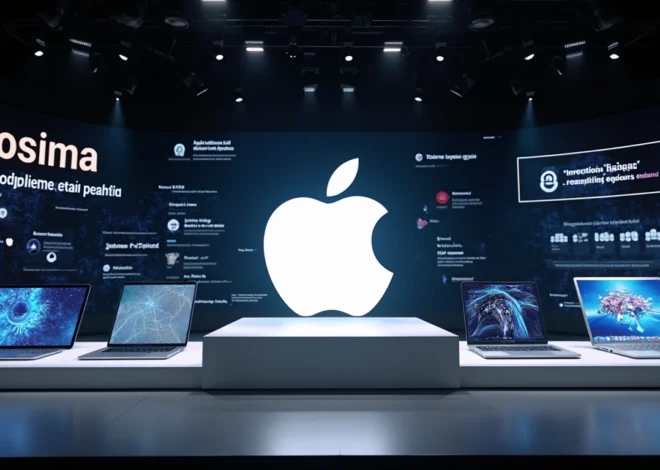
Google AI Solves Decade-Long Antibiotic Resistance Mystery Within Days
Google’s groundbreaking AI system has demonstrated its remarkable capabilities by solving a complex antibiotic resistance puzzle in just 48 hours – a challenge that had stumped scientists for an entire decade. The AI tool’s analysis of Mycobacterium tuberculosis genetic data revealed crucial mutations that explain how this dangerous superbug develops resistance to the common antibiotic ethionamide.
Table of Contents
Key Takeaways:
- AI technology accomplished in 48 hours what traditional research methods couldn’t solve in 10 years
- The system analyzed 10,000 bacterial DNA sequences to identify previously undetected mutations
- This breakthrough demonstrates AI’s potential as a powerful co-scientist in medical research
- The discovery could lead to more effective antibiotic treatments against resistant bacteria
- Human expertise remains essential in validating and implementing AI-generated findings
The AI Breakthrough in Genetic Analysis
The Google AI system’s remarkable achievement in decoding antibiotic resistance showcases the transformative power of artificial intelligence in scientific research. By examining thousands of bacterial DNA sequences, the AI identified subtle mutations in the inhA gene that had previously gone unnoticed by conventional research methods.

Scientific Validation and Human Collaboration
The success of this project highlights the importance of combining AI capabilities with human expertise. Laboratory experiments confirmed the AI’s findings, proving that these genetic mutations indeed contribute to antibiotic resistance. This collaborative approach between artificial and human intelligence creates a powerful research partnership.
Impact on Medical Research
This breakthrough could significantly accelerate the pace of scientific discovery. The ability to process vast amounts of genetic data quickly opens new possibilities for drug development and disease treatment. Using platforms like Latenode for research automation alongside AI tools can further streamline the discovery process.
Future Applications and Implications
The success of this AI application in solving the superbug mystery points to a future where advanced AI systems become standard tools in scientific research. This technology could help address other persistent medical challenges and accelerate the development of new treatments for various diseases.
Addressing Current Challenges
Despite this success, several challenges remain in implementing AI in medical research. These include ensuring data quality, maintaining patient privacy, and validating AI findings. Scientists must develop robust protocols for integrating AI tools into existing research frameworks while maintaining scientific rigor.


